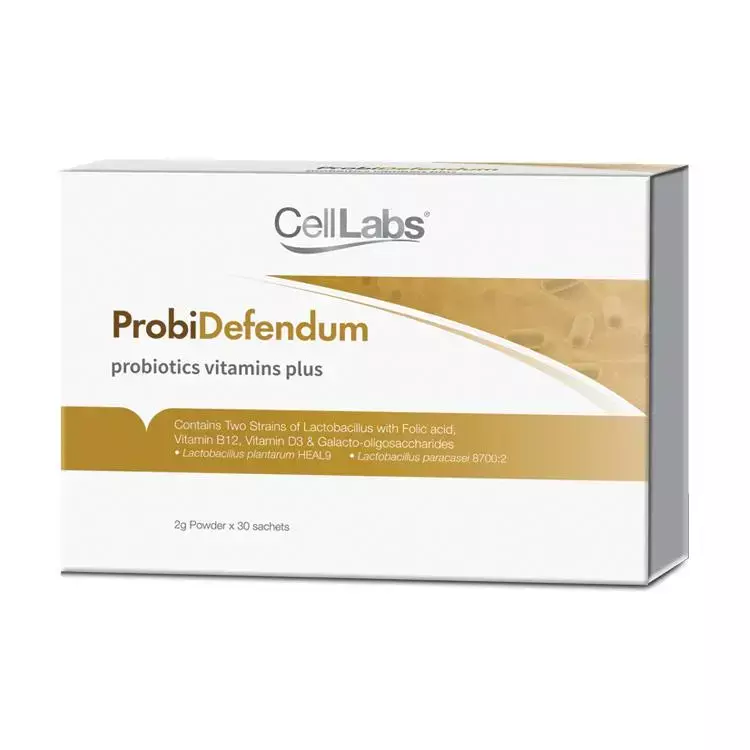- Home
- Medical news & Guidelines
- Anesthesiology
- Cardiology and CTVS
- Critical Care
- Dentistry
- Dermatology
- Diabetes and Endocrinology
- ENT
- Gastroenterology
- Medicine
- Nephrology
- Neurology
- Obstretics-Gynaecology
- Oncology
- Ophthalmology
- Orthopaedics
- Pediatrics-Neonatology
- Psychiatry
- Pulmonology
- Radiology
- Surgery
- Urology
- Laboratory Medicine
- Diet
- Nursing
- Paramedical
- Physiotherapy
- Health news
- Fact Check
- Bone Health Fact Check
- Brain Health Fact Check
- Cancer Related Fact Check
- Child Care Fact Check
- Dental and oral health fact check
- Diabetes and metabolic health fact check
- Diet and Nutrition Fact Check
- Eye and ENT Care Fact Check
- Fitness fact check
- Gut health fact check
- Heart health fact check
- Kidney health fact check
- Medical education fact check
- Men's health fact check
- Respiratory fact check
- Skin and hair care fact check
- Vaccine and Immunization fact check
- Women's health fact check
- AYUSH
- State News
- Andaman and Nicobar Islands
- Andhra Pradesh
- Arunachal Pradesh
- Assam
- Bihar
- Chandigarh
- Chattisgarh
- Dadra and Nagar Haveli
- Daman and Diu
- Delhi
- Goa
- Gujarat
- Haryana
- Himachal Pradesh
- Jammu & Kashmir
- Jharkhand
- Karnataka
- Kerala
- Ladakh
- Lakshadweep
- Madhya Pradesh
- Maharashtra
- Manipur
- Meghalaya
- Mizoram
- Nagaland
- Odisha
- Puducherry
- Punjab
- Rajasthan
- Sikkim
- Tamil Nadu
- Telangana
- Tripura
- Uttar Pradesh
- Uttrakhand
- West Bengal
- Medical Education
- Industry
Probiotics can prevent from multiple cold attacks: Swedish study

A recent randomised controlled Swedish study suggests probiotics (L. plantarum HEAL9 and L. paracasei 8700:2 - Probi Defendum®) can be protective against multiple colds in adults prone to getting colds. The research has been published in The Journal of Nutrition on December 9, 2020.
Previous clinical studies demonstrated the effects of Probiotics in prevention of acute Upper Respiratory Tract Infections (UTRIs) such as the common cold, especially in the more vulnerable populations of young children, athletes, and the elderly. Finding good preventive measures that could reduce the duration and number of common cold episodes would have an economic as well as a clinical impact. Projections of the probiotic benefits on public health and the corresponding economic impacts have been reported for France and Canada, indicating that the usage of probiotics is promising in reducing the socioeconomic burden of acute URTIs. Lactiplantibacillus plantarum HEAL9 and Lacticaseibacillus paracasei 8700:2 have been used in several studies of immune effects, either as a mono-strains or in combination with other bacteria. The same combination of strains was also shown benefit against self-reported cold infections in a population of Swedish children aged 1–6 years who were attending daycare. To confirm the previous study reports researchers of Sweden conducted a study to evaluate the effects of Lactiplantibacillus plantarum HEAL9 and Lacticaseibacillus paracasei 8700:2 against community-acquired common colds and identify a possible mechanism of action.
It was a randomised, multicentric, double-blind and placebo-controlled study. The recruitment was initiated in October 2013 and was completed in February 2016 during the 3 common-cold seasons of 2013–2014, 2014–2015, and 2015–2016. In each season, researchers recruited study participants from October until February, and each participant was included in the study only during 1 season. A total of 898 healthy adults (18–70 years of age) with at least 4 colds during the last 12 months before recruitment were randomly allocated to consume either probiotics (n = 448; daily dose of 109 CFU with the 2 strains equally represented) or placebo (n = 450) once daily for 12 weeks. The researchers assessed the impact of probiotics on the severity of the cold episodes (Wisconsin Upper Respiratory Symptom Survey−21)was assessed as the primary endpoint. Researchers also assessed the incidence rate, duration of colds and analysis of immune markers.
Key findings of the study were:
♦ Researchers found fewer cold episodes in the probiotic group reported on an average of 1.24 colds than in the placebo group of average 1.36 colds. However, they observe no reduction in the severity of symptoms.
♦ For subjects reporting at least 1 cold, they noted that the incidence of recurring colds was 30% lower in the probiotic group than in the placebo group (20.8% vs. 29.8%).
♦ Similarly, they found, the use of analgesics was 18% lower in the probiotic group than in the placebo group (26.3% vs. 32%).
♦ After 12 weeks, they observed a change in IFN-γ levels from baseline with the mean difference of −7.01 between the groups.
The authors concluded, "L. plantarum HEAL9 and L. paracasei 8700:2 have repeatedly been shown to be well tolerated and to reduce the incidence, duration, and severity of common colds both in adults and children. Existing data indicate that these bacteria may prime the immune system in a protective manner towards future infections of common colds".
They further added, "In the current study, intake of the probiotic product reduced the frequency of recurrent cold infections and resulted in a significantly lower mean number of colds in the participants with colds. However, the exact mechanism underlying the probiotic efficacy and the understanding of what parameters may impact this remain to be untangled".
For further information:
Medical Dialogues Bureau consists of a team of passionate medical/scientific writers, led by doctors and healthcare researchers. Our team efforts to bring you updated and timely news about the important happenings of the medical and healthcare sector. Our editorial team can be reached at editorial@medicaldialogues.in.
Dr Kamal Kant Kohli-MBBS, DTCD- a chest specialist with more than 30 years of practice and a flair for writing clinical articles, Dr Kamal Kant Kohli joined Medical Dialogues as a Chief Editor of Medical News. Besides writing articles, as an editor, he proofreads and verifies all the medical content published on Medical Dialogues including those coming from journals, studies,medical conferences,guidelines etc. Email: drkohli@medicaldialogues.in. Contact no. 011-43720751


